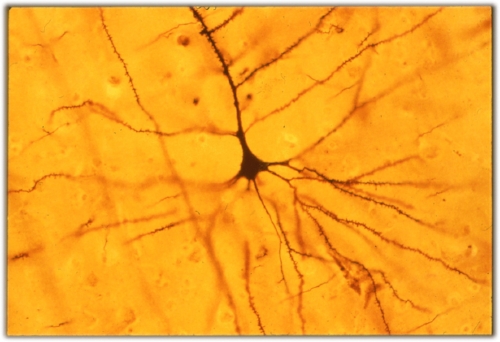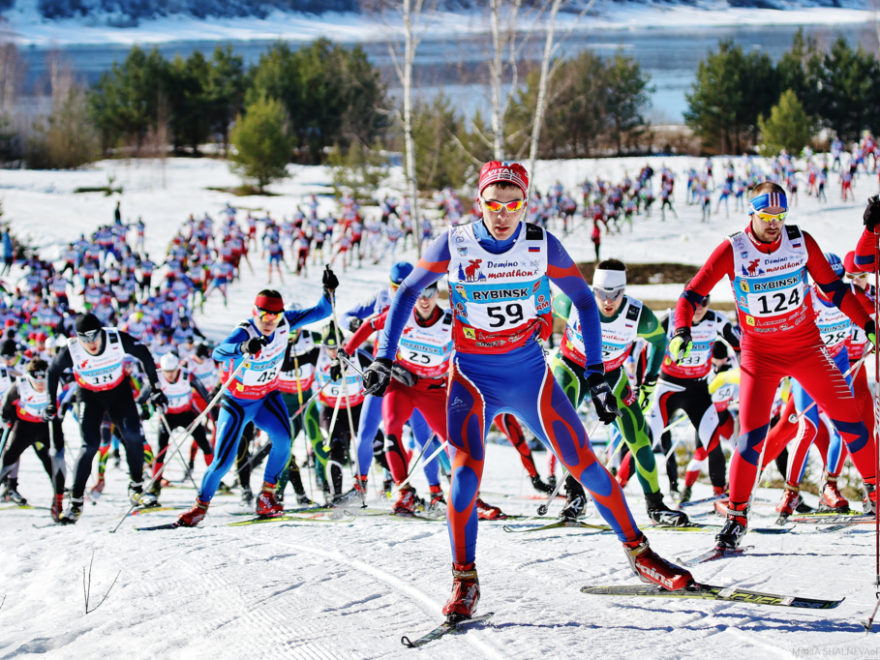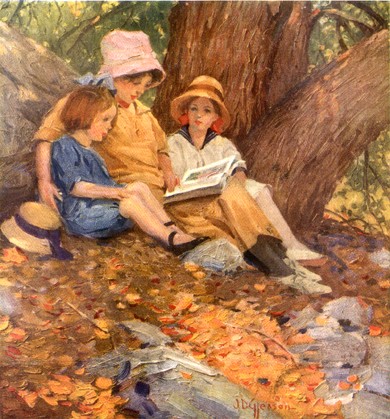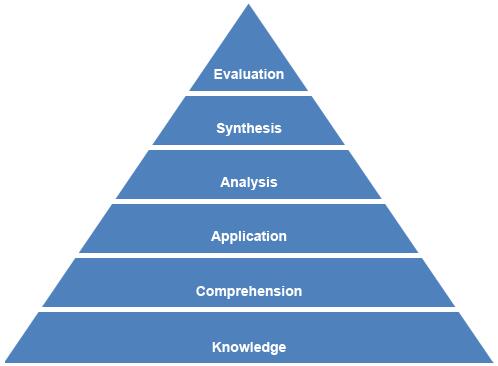Category: Modern Research
-

Low-tech Schooling: Avoiding the Shallows in a High-tech Society
Think back only a short while ago to how the transformation of schooling occurred rapidly in response to Covid-19. Materials were sent home and school was provided digitally through internet video services such as Zoom, Skype and Teams. Technology, and particularly screen-based learning, became ubiquitous. While we have since seen a return to on-site schooling,…
-

The Imitation Brain: Three Ways to Make the Most of Mirror Neurons
Imitation is the sincerest form of flattery. Is it possible that imitation is also the pathway to learning? In the late 1990s and early 2000s, scientists at the University of Parma published a series of studies singling out neurons that respond both when accomplishing a certain action and also when observing others accomplishing a certain…
-

The Pathway to Mastery: Apprenticeship in the Classroom
A new book landed on my desk around the beginning of the school year. Robert Greene’s Mastery (New York: Viking, 2012) touches on a number of points that are worthy of exploration and consideration. It reads like a mix of historical biography and self help by a writer who is a master of his craft.…
-

Finding Flow through Effort: Intensity as the Key to Academic Success
At the intersection of challenge and skill, the state of flow emerges: a state of total immersion and enjoyment. Jason Barney’s book on flow, entitled The Joy of Learning: Finding Flow through Classical Education connects Mihaly Csikszentmihalyi’s study of flow with the classical Christian classroom. In this article I plan to build on Jason’s work…
-

Human Development, Part 3: Get in the Zone
It is a dangerous thing to become a Jedi padawan. The training and trials are extremely difficult; one might say almost impossible. Qui-Gon Jin tells Anakin Skywalker, “Anakin, training to be a Jedi is not an easy challenge, and even if you succeed, it’s a hard life” (from Star Wars: Episode 1 – The Phantom…
-

Human Development, Part 2: All the World’s a Stage
That one essay – you know the one that got this whole educational renewal movement going – needs to be reevaluated. I am talking about the essay “The Lost Tools of Learning” by Dorothy Sayers. Her approach reminds me of Galadriel’s speech in the prologue to The Lord of the Rings movies, “Much that once…
-

Human Development, Part 1: What Do You Have in Mind?
A sound pedagogy requires a good understanding of anthropology (the study of human beings including our nature, our biology, our behavior and our social patterns) and of epistemology (the study of the nature of knowledge and how humans experience and acquire knowledge). One way these key areas of study (anthropology and epistemology) converge pertains to…
-

Educating for Resilience in a Coddling Culture
In The Coddling of the American Mind (Random House, 2018), authors Greg Lukianoff and Jonathan Haidt make a forceful critique of the way Americans today go about raising and educating their children. Their point isn’t complicated: parents and teachers, in general, overprotect children from the challenges and rigor of everyday life. As a result of…
-

Bloom’s Taxonomy and the Importance of Objectives: 3 Blessings of Bloom’s
“Would you tell me, please, which way I ought to go from here?”“That depends a good deal on where you want to get to,” said the Cat.“I don’t much care where–” said Alice.“Then it doesn’t matter which way you go,” said the Cat.“–so long as I get SOMEWHERE,” Alice added as an explanation.“Oh, you’re sure…

